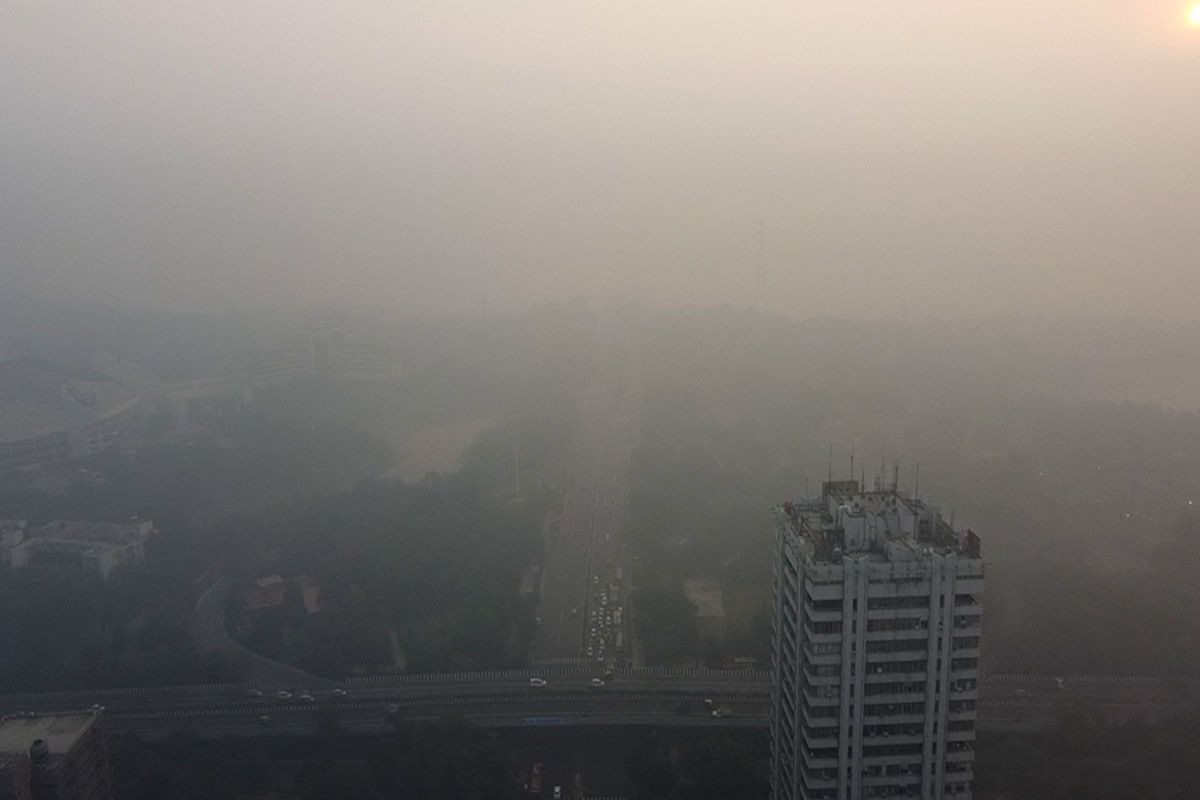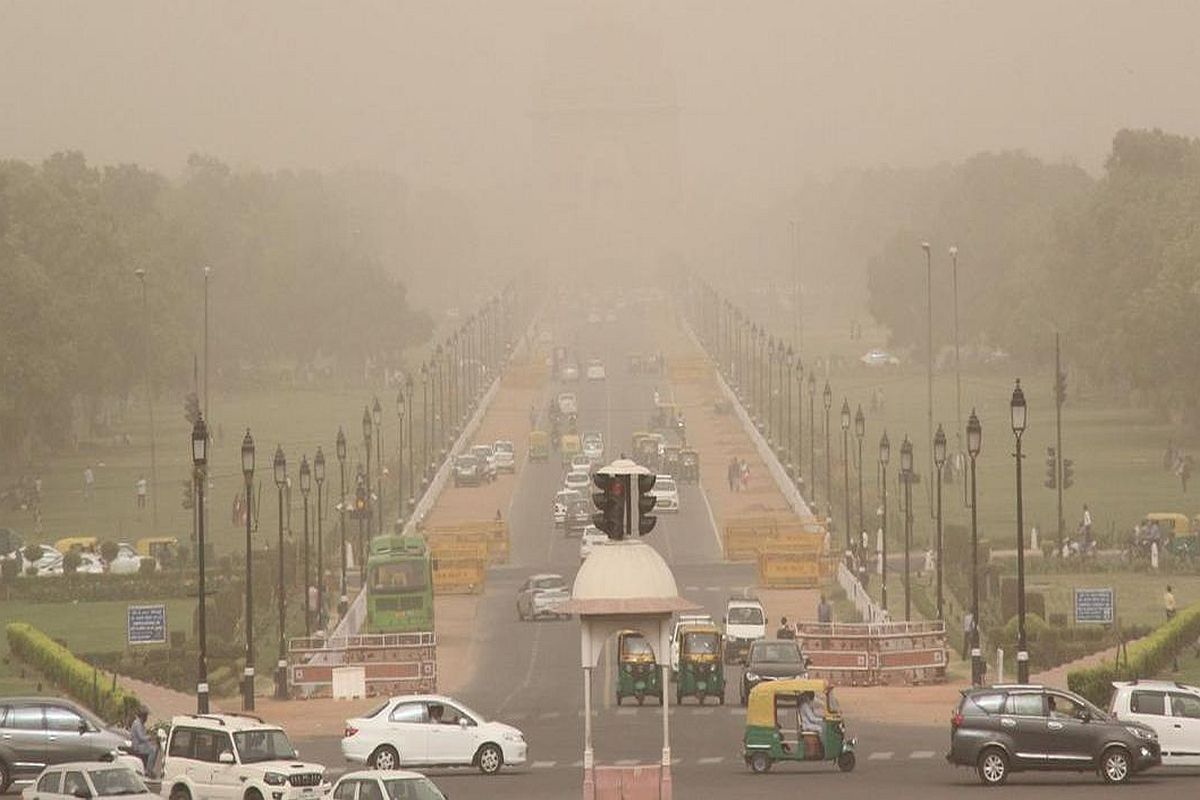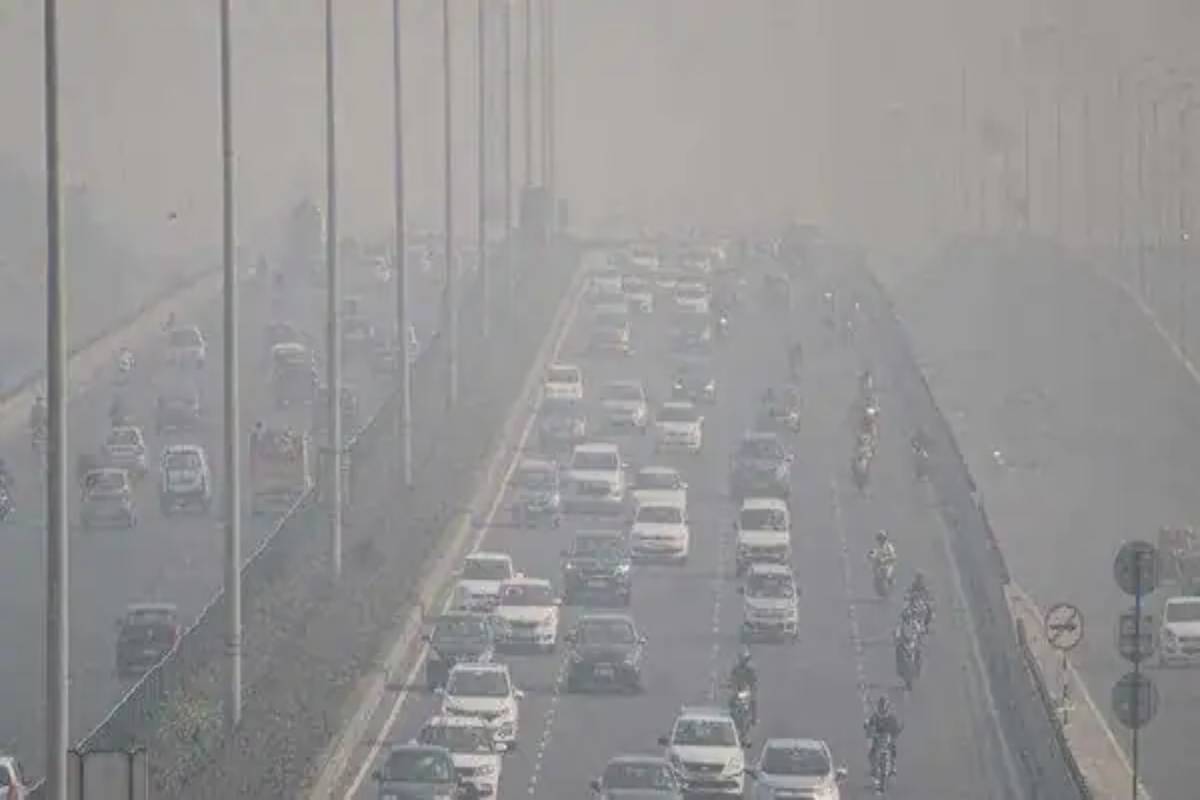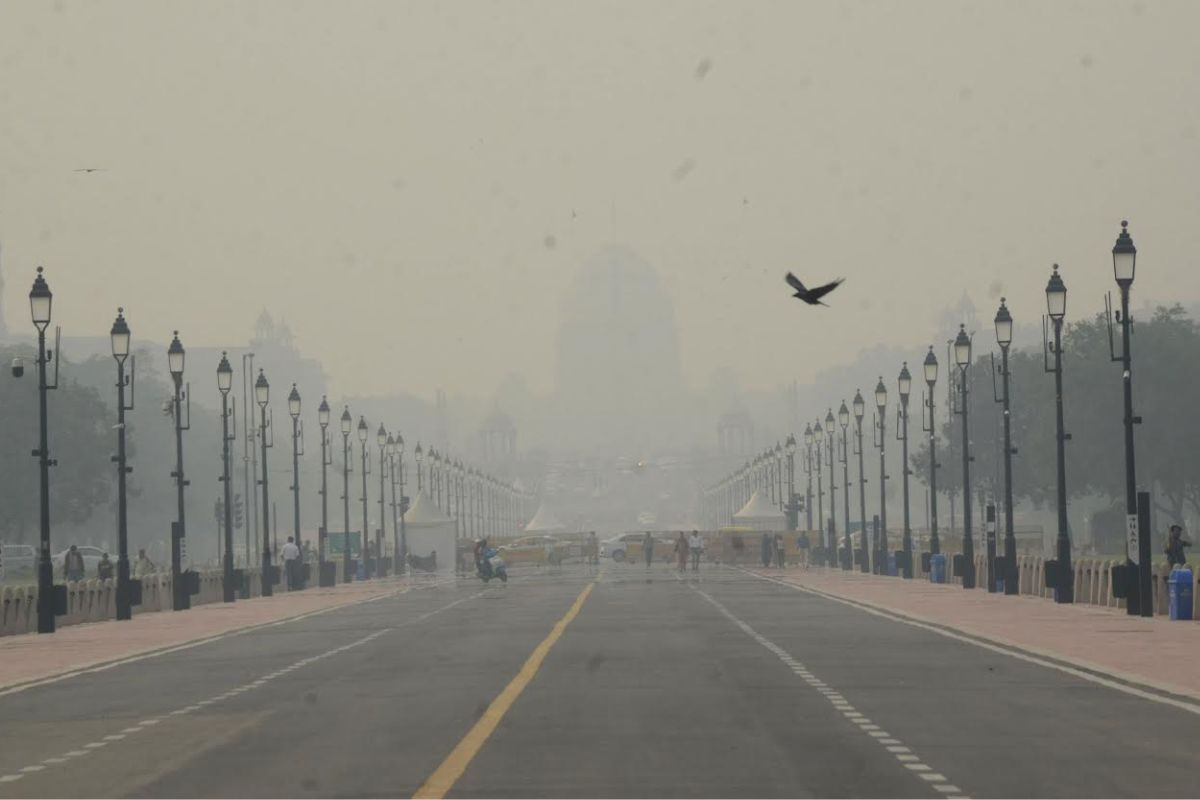Relief for Delhi’s residents, AQI improves from ‘poor’ to ‘moderate’
According to the Central Pollution Control Board's (CPCB) daily AQI bulletin, city's index value on Wednesday was 178, reeling under the moderate zone.

According to the Central Pollution Control Board's (CPCB) daily AQI bulletin, city's index value on Wednesday was 178, reeling under the moderate zone.

With the onset of winter, Asansol's Air Quality Index (AQI) has deteriorated significantly, with air pollution levels reaching alarming levels in recent days.

Delhi’s average air quality index on Sunday continued to be in ‘very poor’ zone with a reading of 331, according to the Central Pollution Control Board (CPCB).

The Graded Response Action Plan or GRAP is categorized into four stages – Stage I, Stage II, Stage III and IV.

The air quality in Gurugram also remained in the 'poor' category as the city recorded an AQI of 228. While the AQI in Noida was recorded at 201, which was in the poor zone. In IIT Delhi, the AQI was 197 marginally little away from the poor category.
According to SAFAR, extremely calm surface wind conditions prevail over the Delhi region and are forecast to continue for two days.
The poisonous nitrogen oxide gas has been significantly reduced by 63 per cent amid the lockdown.
Air Quality and Forecasting and Research (SAFAR) said the AQI stands in ‘good’ category at 47.
Weather in Delhi remained partially cloudy and the city witnessed fog on Tuesday morning.
Due to the weather condition, at least 26 Delhi-bound trains were delayed by up to five hours.